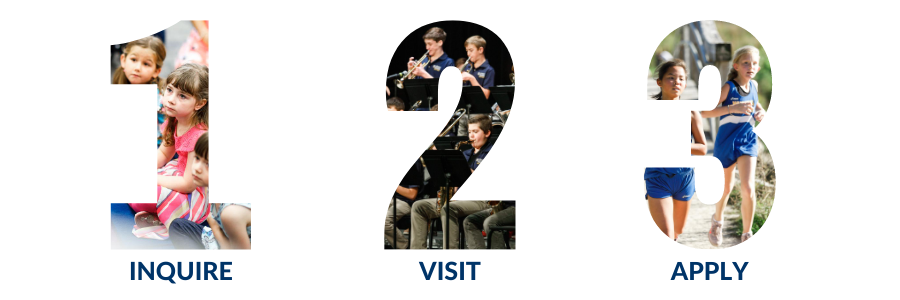Contact Us
- Phone: (630) 668-1385
- Email:
- Mailing Address: 1N350 Taylor Drive, Winfield, IL 60190
Drop In and Learn More Tuesdays, 9-10 a.m.
Directions


Click here to learn more about the WCGS Admissions process.
Wheaton Christian Grammar School has a reputation for offering a nurturing Kindergarten program that provides a solid foundation for academic success. With half-day and full-day programs, you have the freedom to choose the schedule that is best for your child and family. Both programs have an identical curriculum, but the full-day program offers more time for enrichment and application. This is done to ensure that both classes are well-prepared to enter 1st grade.
Spanish class has been integrated into the weekly curriculum as well as STEAM-focused science classes.
The 2018-2019 Kindergarten class had a median score of 88-7 in language, math, and reading on the TerraNova 3 standardized test. (The first number is the percentile out of 100, and the second number is the stanine out of 9). These scores are a testament to the quality of education your child will receive at Wheaton Christian Grammar School.
You know what's best for your child, but we want to offer you a few things to consider as you navigate this decision. If you would like further information, our Admissions Coordinator, Mrs. Kim Norbeck, would be happy to help you. You can contact her at or at (630) 668-1385 ext. 216.
Students must be 5 years of age by September 1 of the Kindergarten entry year. Those with a birthday May 1 or later take the Developmental Readiness Scale evaluation to determine their readiness for Kindergarten.
"In some regions, you can have Christian school and compromise education, or you can have a great education but not a Christian School. To be able to have both of those in one place is the best-case scenario."
Click here to view our 10 tips to help your Kindergartener succeed! Kindergarten E-book
Wheaton Christian Grammar School recognizes that each child develops differently as he/she begins the reading process. Therefore, we lay a rich and firm foundation for all children to develop a lifelong love of reading. We equip children with the skills and knowledge to become proficient readers. Our classrooms are rich in literacy experiences, allowing students to develop as readers in an engaging environment.
Children are immersed in fine literature, songs, poems, and rhymes which promote oral and written language growth. We teach and practice daily letter recognition, letter sounds, and sight words that form the foundation for reading success. We differentiate instruction to meet students at their developmental level, guiding and growing them into independent readers.
At Wheaton Christian Grammar School 100% of our students completed the kindergarten year at or above grade level in reading based on the 2018 TerraNova 3 test scores. With the rich exposure to print and the consistent instruction in phonics, most students will begin reading at some level in kindergarten.
There are three levels of readers in kindergarten:
Emergent Reader – An emergent reader can read a simple text containing some sight words and some decodable short vowel words. Usually, the text has limited words on a page, controlled repeated vocabulary, repetitive sentence patterns, and strong picture support. The child is able to gain meaning from what they have read.
At-Level Reader – An at-level reader can read a more complex text containing many sight words, decodable short vowel words, and words with blends and digraphs. Usually, the text has two to three sentences per page, more complex sentence structure, and less dependency on repetitive patterns and pictures. The child is able to gain meaning from what they have read.
Independent Reader – An independent reader can read a complex text containing richer vocabulary and more formal and descriptive language. Usually, the text has longer sentences, more text per page, greater variation in sentence patterns, and less reliance on pictures. Independent readers read fluently, with more of their focus on comprehension than decoding.